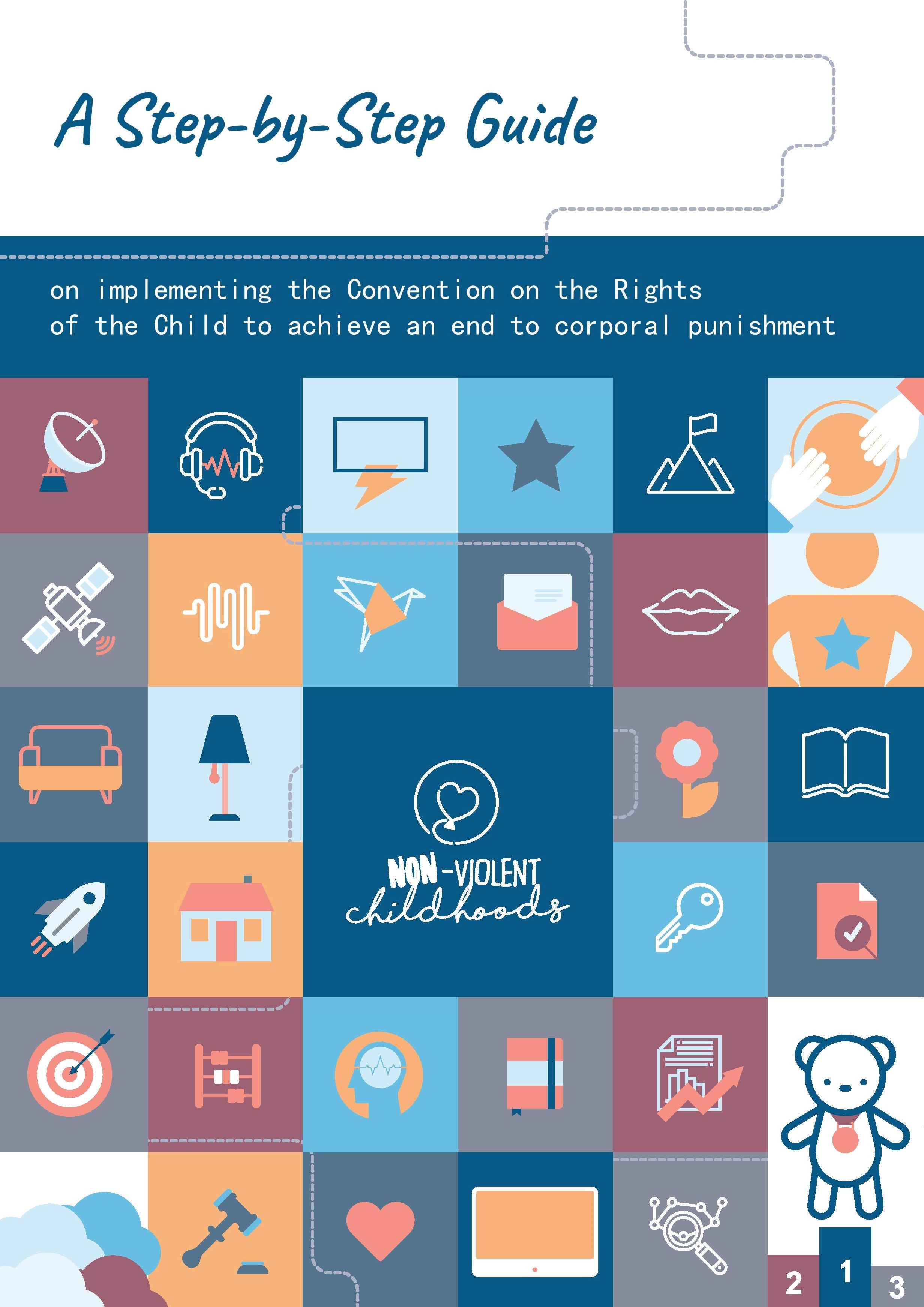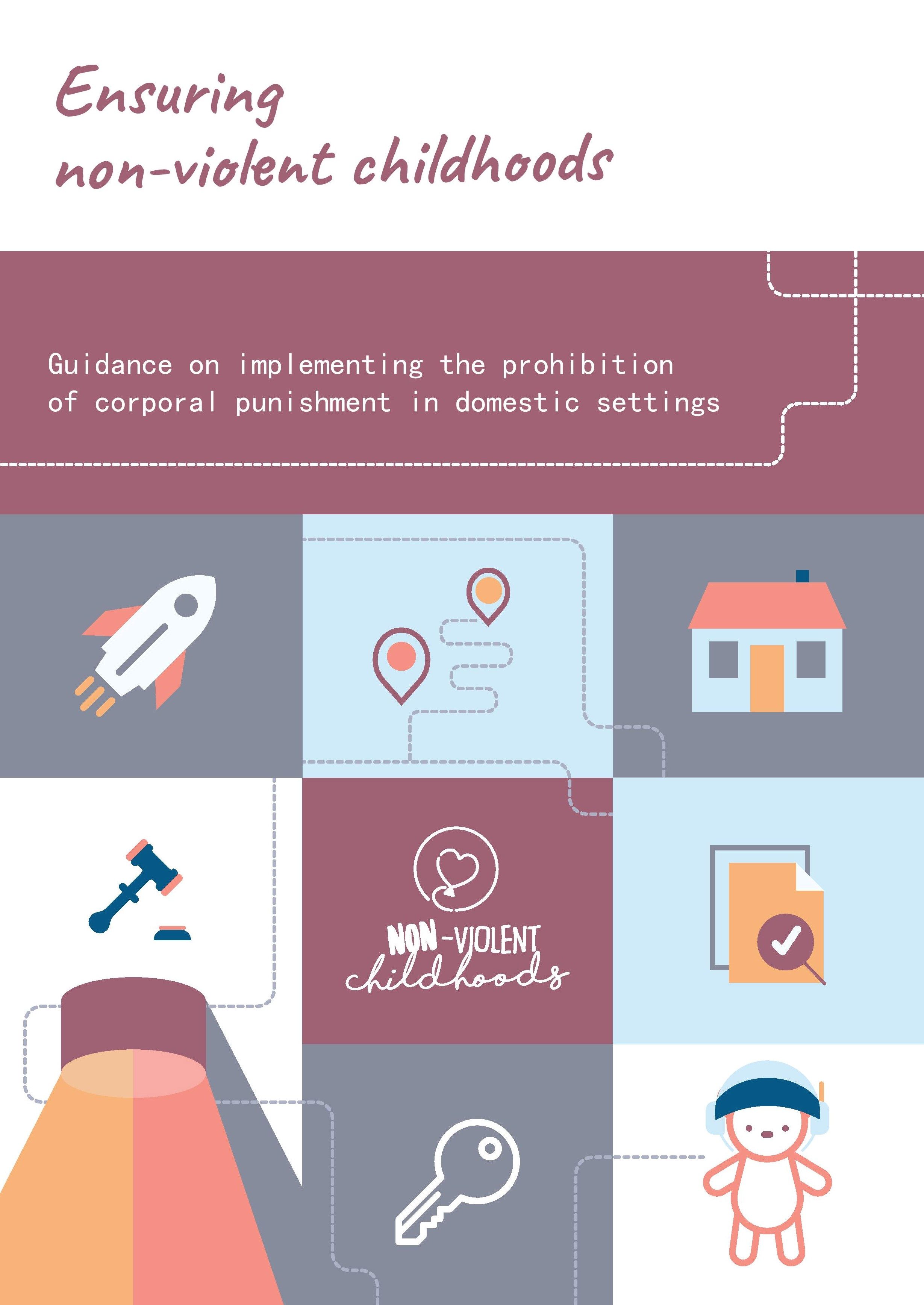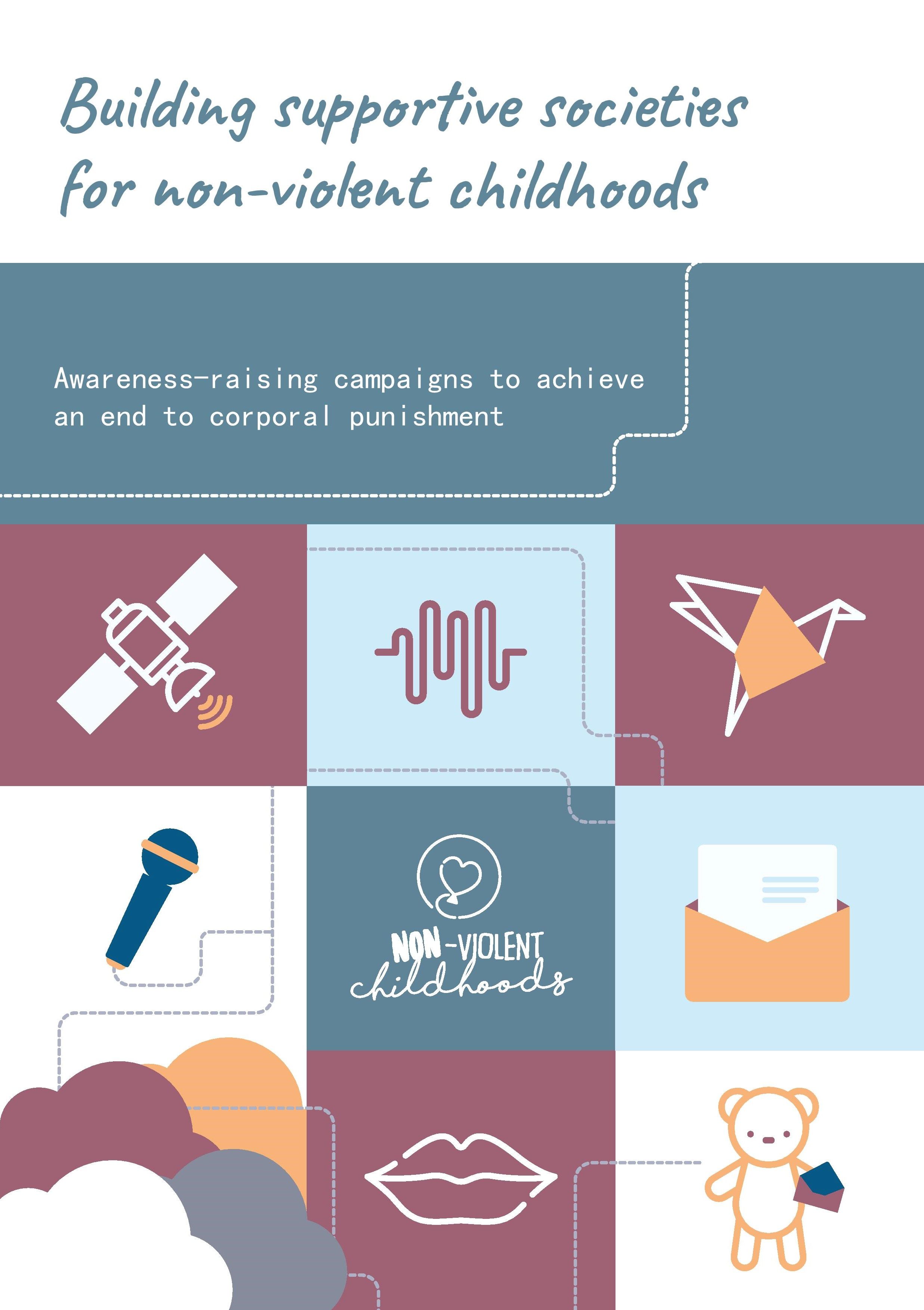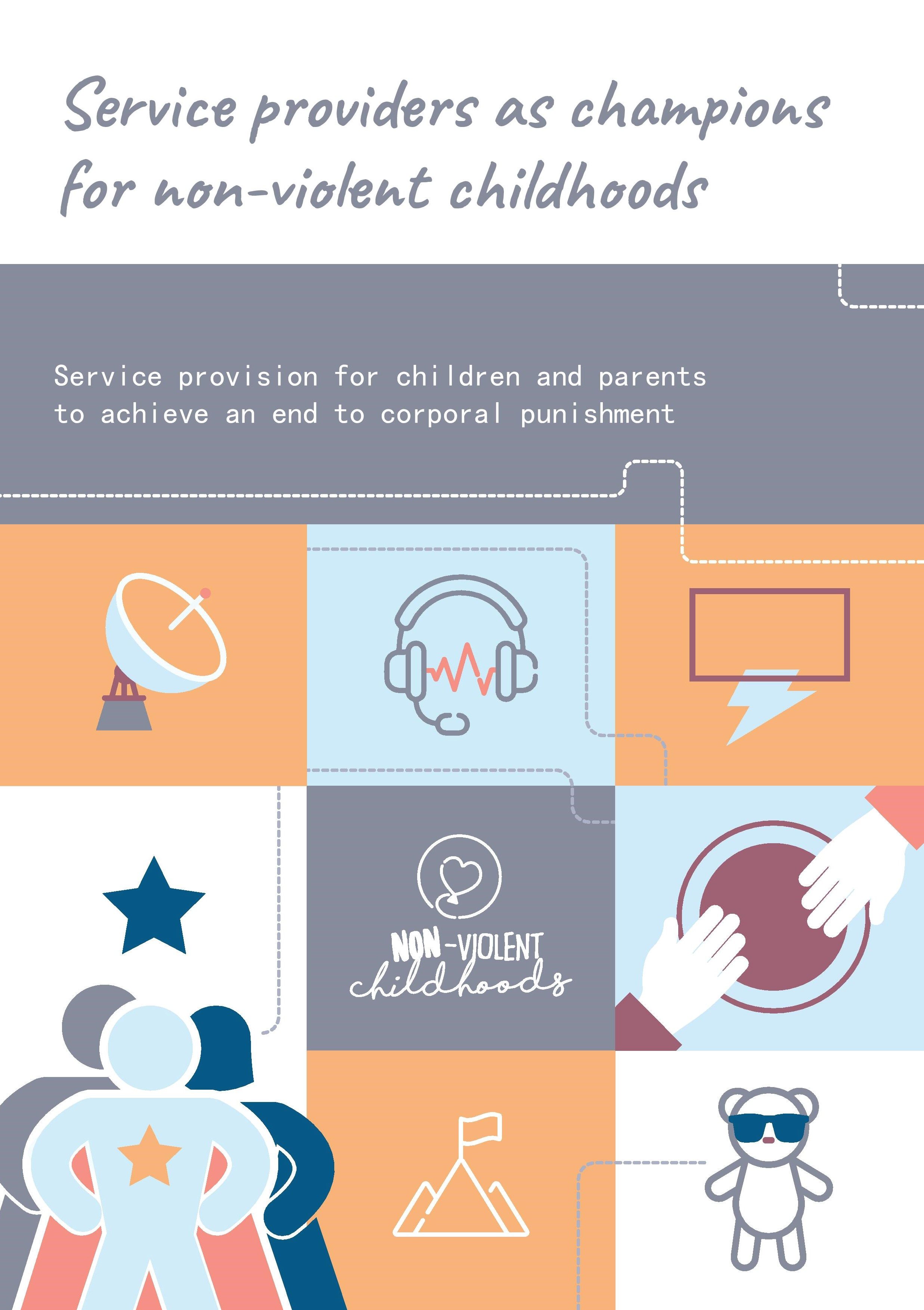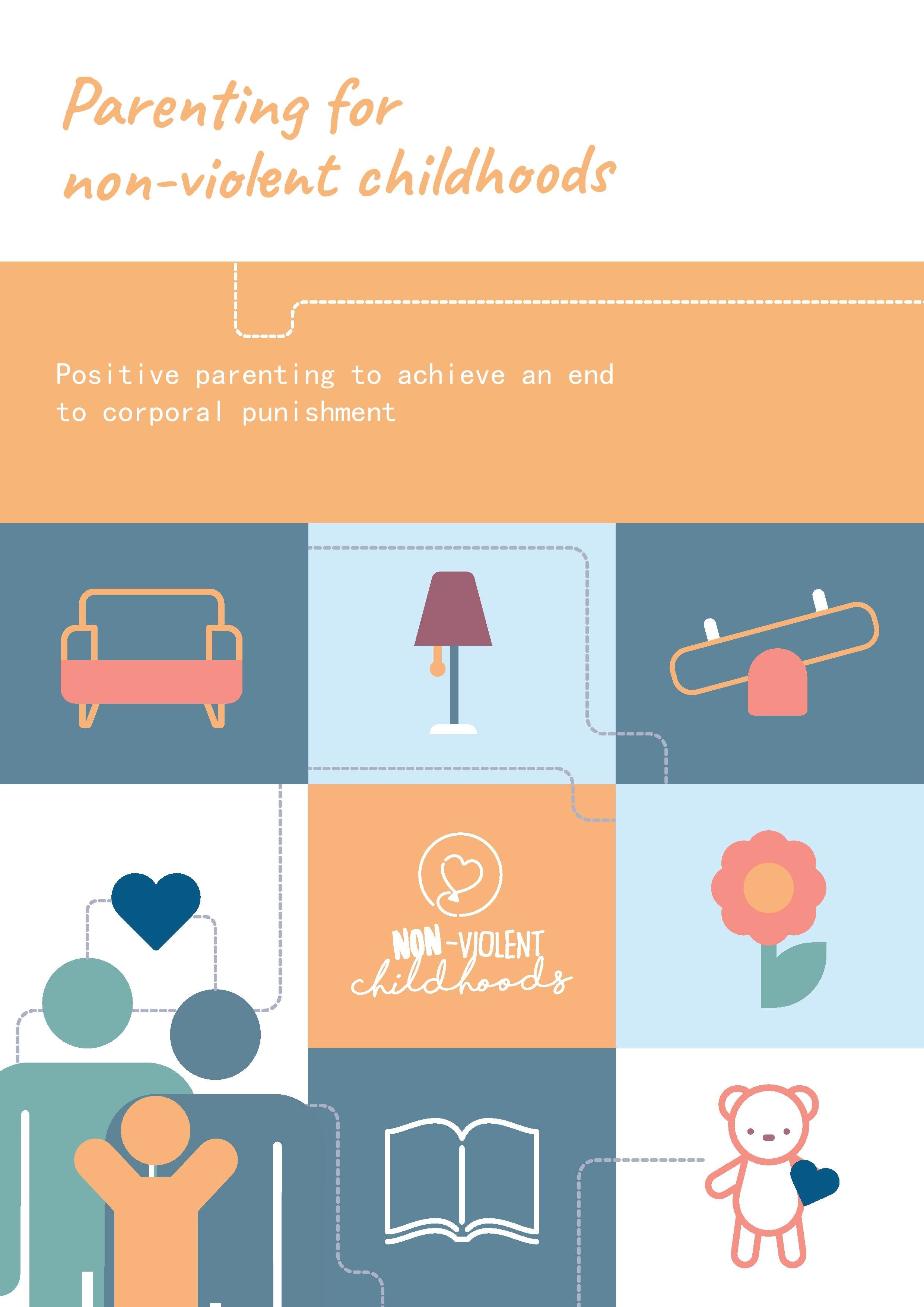Implementing prohibition
The following guidance reports aim to promote effective implementation of legal bans on corporal punishment. They are informed by a series of national consultations and expert meetings held across the Baltic Sea Region as part of a two-year project, Non-violent Childhoods: Moving on from corporal punishment in the Baltic Sea Region, led by the Council of the Baltic Sea States in cooperation with the Global Initiative and supported by the European Commission. They were launched at a high-level conference in Stockholm, Sweden, in November 2018.

